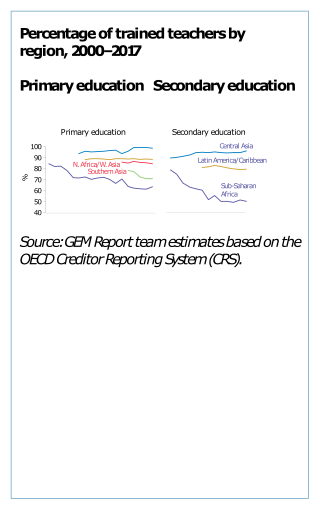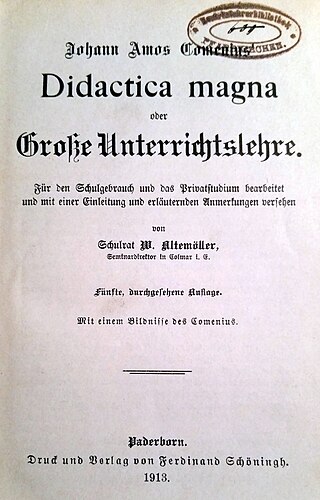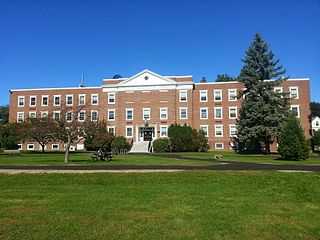Other versions
As a teacher, I commit myself to directing all my feelings, thoughts and actions in my profession towards the well-being of the children entrusted to me.
I commit myself to the children,
- to challenge and support each child according to his or her potential and level of development,
- not to leave any child behind or to write them off, no matter what the reasons are,
- to take the failure of the children entrusted to me again and again as an opportunity for new ways of teaching,
- to see mistakes as an opportunity, not as a flaw,
- to set challenges in the educational process so that underachallenge and overchallenge do not occur,
- to look for, pick up and awaken motivations,
- to enter into dialogue again and again, to give and receive feedback, to ask questions and to listen,
- to attribute a serving function to subjects in the educational process,
- to address and stimulate all areas of the personality,
- to give confidence in the world and in oneself and to make it visible on a daily basis,
- to understand and shape the class and the school as a welcoming place,
- to provide for an appreciative, fear-free and educationally effective atmosphere and relationship, and
- to stand up for the physical, mental and spiritual integrity of the children entrusted to me.
I commit myself to the parents
- to communicate at eye level and to build up an educational partnership,
- to understand the educational process of the children as a common task,
- not only to be prepared to talk to them regularly, but also to actively seek contact with them, and
- to take their assessments of the children's educational success and progress seriously and to combine them with their own views.
I commit myself to my colleagues,
- to share my experiences in education and teaching and to use them as a basis for collegial professionalisation,
- to share and reflect together on the mistakes made every day,
- to reflect back on successful moments in school and to give mutual recognition, and
- to allow everyone their individual perspective on school and teaching while working towards a shared vision.
I commit myself to the educational public,
- to accept the educational mandate and to implement it at all times,
- not only to impart knowledge and skills, but to focus on and promote all areas of the personality,
- to subordinate all subjects to the well-being of the child and thus to the educational mission,
- to be loyal but not blind to official guidelines,
- to implement everything that serves the best interests of the children and to reject everything that is contrary to the best interests of the child,
- to critically question, and if necessary publicly denounce and reject, any interests and demands on school and teaching that are not primarily in the best interests of the child, and
- to give a voice to children and their right to education in public discourse.
I commit myself to society,
- to see respect for human dignity as the basis and goal of school and education,
- to teach the principles of our democracy and to defend them in school and in teaching,
- to see school as a place of reproduction and innovation of social values,
- to use my pedagogical freedom to place current issues at the centre of everyday school life, and
- to be not only reactive but also proactive towards the further development of our society.
To myself I commit myself,
- to justify my actions at all times, to discuss them critically and constructively and to reflect on them conscientiously,
- to regularly develop my professional, pedagogical and didactic competences,
- regularly reflect on my professional attitudes, and
- to always fulfil my role as a role model to the best of my knowledge and belief.
I confirm what has been said by my willingness to be measured at all times against the standards that emanate from this commitment.
~ Klaus Zierer - 2022 [12]









